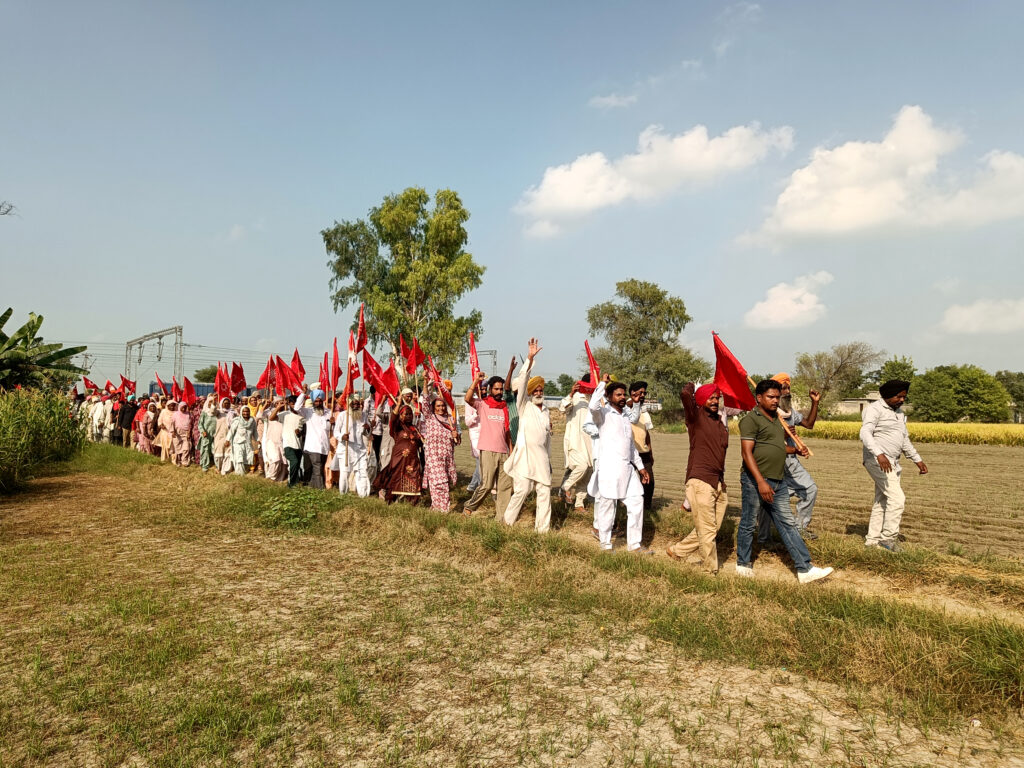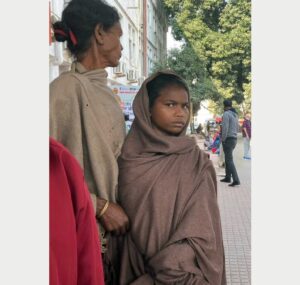
The continuing land-rights movements by Dalit collectives in Punjab

The popular perceptions of Punjab and its contiguous agrarian expanses often evoke narratives of bountiful harvests, high wages, comfortable standards of living, high levels of mechanisation, market-governed cultivation, and regular displays of affluence—an overall oasis of prosperity that delivers economic salvation. Moreover, an oasis that also helps feed multiple states, while keeping India’s granaries stocked up for future contingencies. With a culture that revels in merry-making and extravagance, these narratives are reinforced and propagated by the entertainment industry. Hardly ever, however, do these images of Punjab bring into focus its dark-skinned Dalit natives, who have spilled their sweat and blood at the fields of the fairer, well-to-do, landed castes for generations, creating and enhancing their wealth and property. Those who hold sway in the state, along with the upper and backward castes, are the Jatts, a dominant, agrarian community who constitute just about 27 percent of the state’s populace, and…
Related Posts


Donald Trump’s Master Economic Plan I Opinion by Yanis Varoufakis




